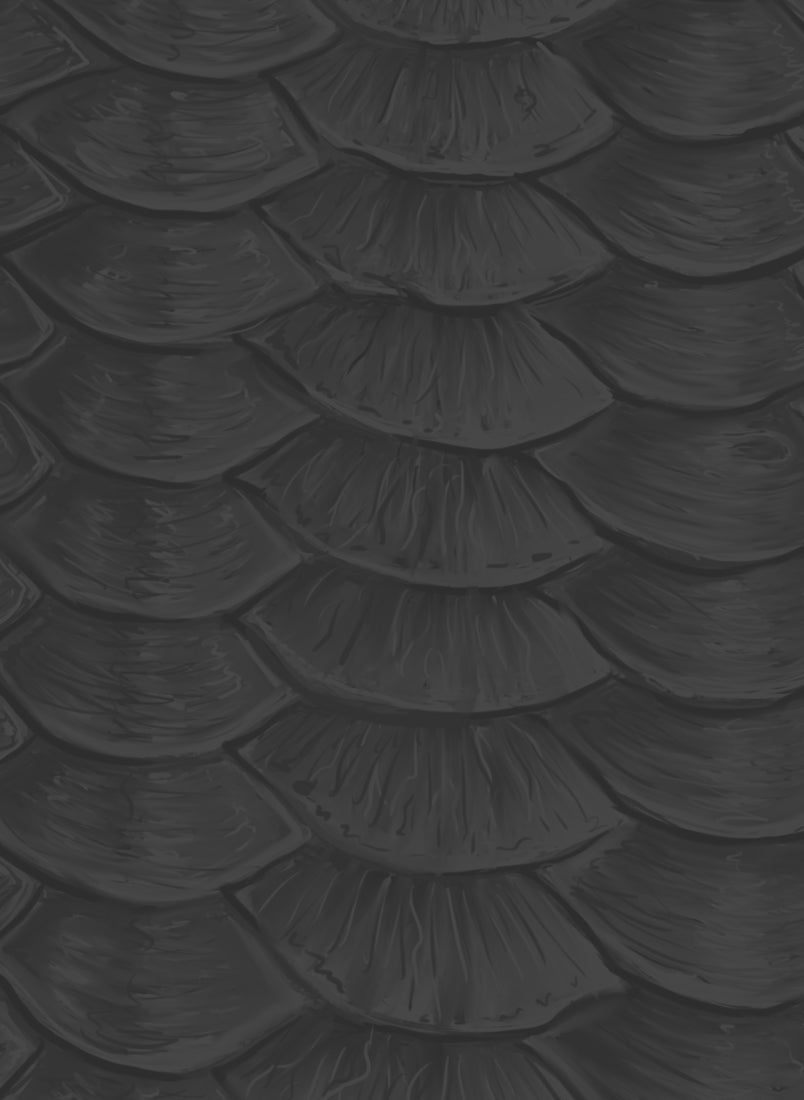The world of fly fishing floatants has become a huge diluted pool of options. The vast selection will leave anglers with more questions than answers. Can this be used on CDC? Is this one solely a desiccant? What happens to this in the heat? Find answers to all of these and more, along with our overall floatant rankings!
Gink is one of the most popular gel floatants out there. It was the very first safe and effective dry fly floatant. Gink works great on most flies that consist mainly of synthetic or hair material, but this floatant is not CDC-approved. It will matte your CDC flies which significantly affects their appearance on the water and their ability to stay afloat. It is also greatly affected by temperature, nearly solid in cold weather and liquid when it's hot
Aquel is a very similar gel floatant to Gink with one key difference, it does not change viscosity with temperature. Aquel also claims to block human scent. Take that as you will, I guess. Another tried and true floatant that has kept dry flies on the waters surface for years and years.
Take aquel and add iridescent reflection for the appearance of clear wings on any dry fly. Still temperature stable and incompatible with CDC flies.
This is not really a floatant but a desiccant. It can be used to dry out dry flies before adding your favorite floatant. Easy Dry doesn't seem to dry small CDC flies very well or large flies with synthetic materials. But flies that consist of fur and other feathers get dried nicely. Parachutes and Stimulators, for example. Blue beads in the mixture turn pink when the desiccant needs to be replaced.
One of the "shake and bake" desiccant and floatant combos. Easy, quick, and effective. Just dunk a fly, and it comes out dry and covered in floatant. This is pretty darn effective on CDC flies and any small dry that doesn't want to stay on the surface for any given reason.
Blue Ribbon is a pure powder floatant. Great for pre-treating flies, but not great for use on flies that have been fished for a while unless the Loon Easy Dry is used first. Excellent on CDC and hackle and fur.
Dry Magic is an incredibly versatile and practical fly floatant. This gel works on all styles of flies and keeps them riding on the surface for several fish. Great on CDC. Once a fly gets wet, something else is required to dry it off before reapplying Dry Magic. To apply this floatant put a bit on your fingers and rub it into the body and wing of the fly for hours of dry fly fishing fun.
Another gel floatant, Lochsa, works on all flies, even those with CDC. Count on Lochsa, keeping your flies afloat for several fish without hindering appearance. Apply this floatant the same way you apply Dry Magic above, and use a desiccant to dry before reapplying Lochsa.
The liquid version of Shimazaki Dry Shake makes for easy application. Keeps flies riding high and dry for at least 1 fish. Dry your flies before reapplying. We have heard that this floatant can leave a white residue on the fly, which probably doesn't matter.
Great for drying and reconditioning flies. When your dry fly begins to sink, just put it in the dry shake container and shake it. The absorbing powder in the bottle removes the moisture from the fly and coats it with a water-resistant material. Your fly will again float like new.
Frog's Fanny
This powdered dry-fly dressing and floatant is best for delicate dries and those with CDC. Won't mat hackle or hair. Keeps small dries floating longer. Also traps air bubbles on nymphs to simulate an emerging insect.
Fly-Agra is the floatiest of floaty when it comes to fly fishing floatants. The downside to Fly-Agra is that is not exactly environmentally friendly. Great stuff that keeps dry flies floating forever. Just allow the Fly-Agra to dry entirely before putting it in the water, and you'll never have to treat the fly again.
Overall Floatant Ratings
- Fly-Agra
- Dry Magic
- Frog's Fanny
- Any of the Powder Dry Shakes
- Top Ride
- Lochsa
- Dry Shake Liquid
- Blue Ribbon
- Royal Gel
- Aquel
- Gink
- Easy Dry (not really floatant)



























